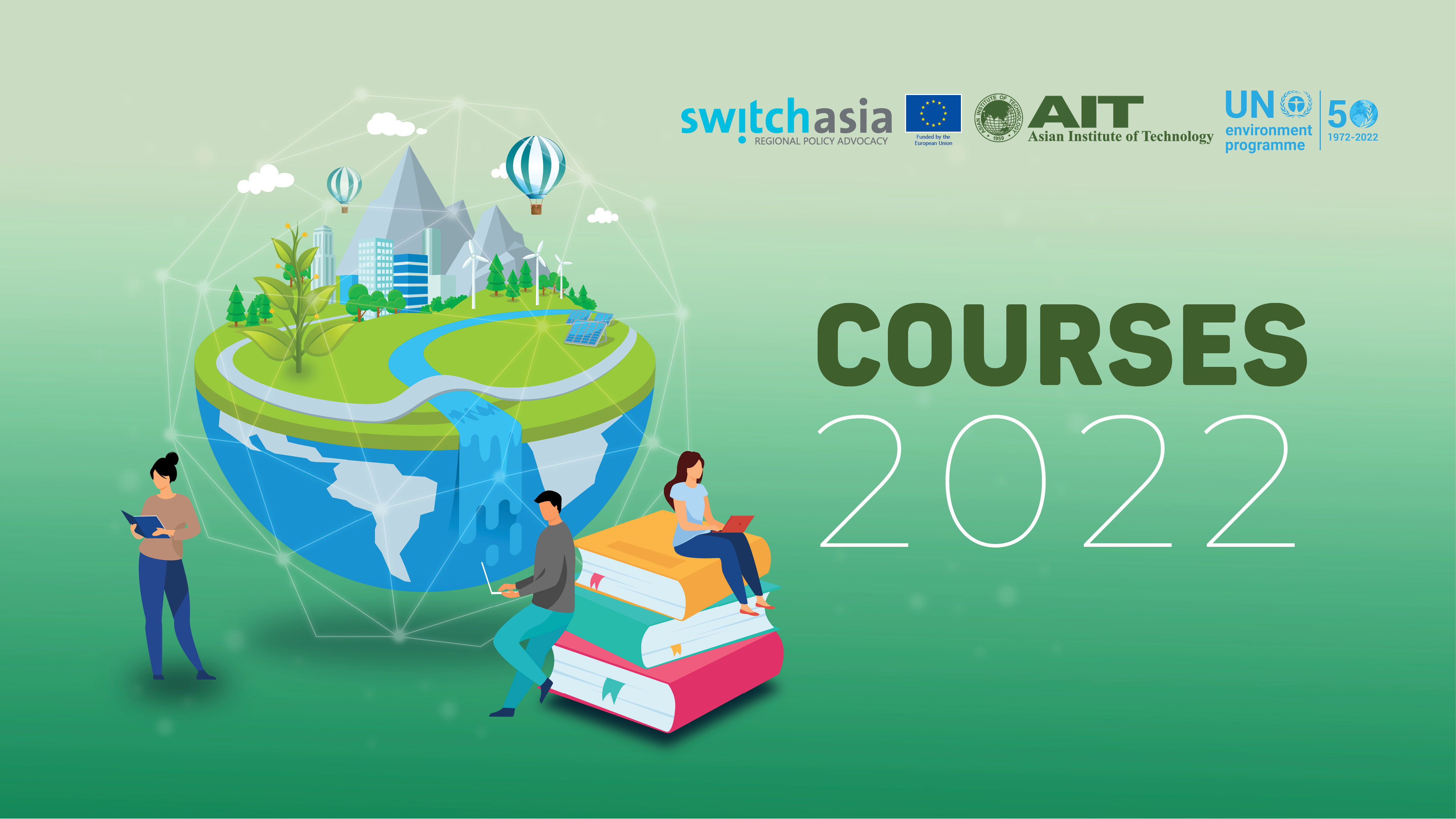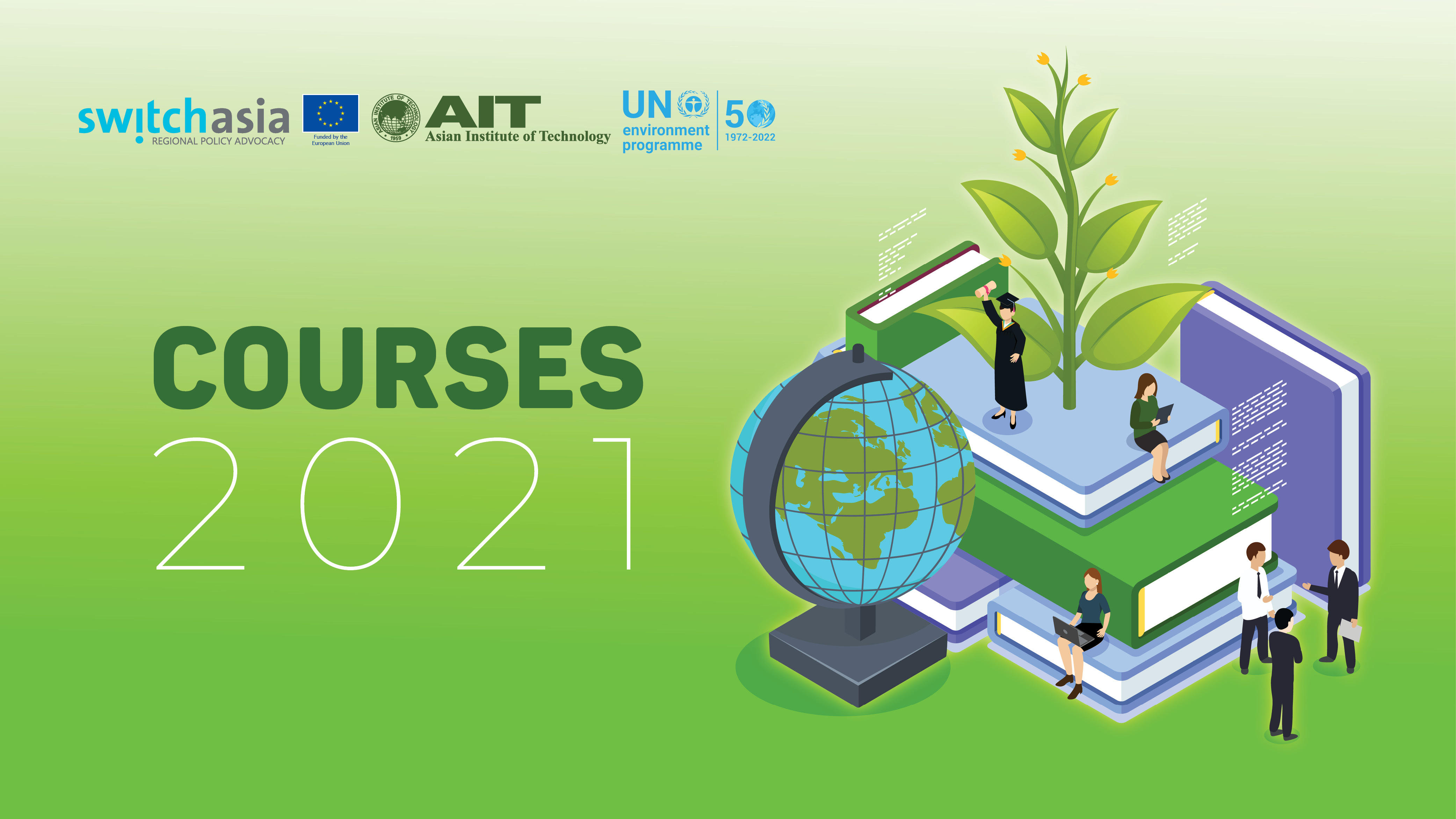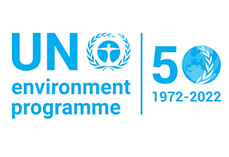Circular Economy Courses 2020
Courses
Available Courses
Regional Dialogue on Circular Cities
In this course we aim for showcasing and prompting stakeholders towards new models of circular economy
sustainable cities was held successfully. We would like to invite you to see intertwining aspects between
the circular economy and its dynamics for creating sustainable cities especially in the context of
massive, and rapid, urbanization. We hear claims that circular economy models will be the most powerful
trend of the world to tackle global challenges. Most of us could be familiar with rapid urbanization as we
may also be the ones who grow up, live, and learn outside but come to work ‘inside’, in the city of
civilization. In this course we will provide key materials to shed light in on rapid urbanization and
circular economy that must come along to form what are called ‘circular cities’. There is a repository of
information on the role model countries from all over the world: Mongolia, Malaysia, and Finland. We can
see the problems they had, what they have done to tackle those problems, and what they plan to do to keep
their sustainable cities sustainable.

Innovations and Startups for Circular Economy
We are going to see the course that will shed some lights for us to become an innovator with the circular
economy. We will learn from the fundamental ideas embedded within the circular economy. Furthermore,
adding to where it can reach the innovation level to build startups. Most innovations today do not start
from thinking that what we can make profit immediately via the project, but they all start from thinking
what to give to this world. And it is not just a one-shot away but a sustainable way through circular
economy. Therefore, all the things can come from us which may begin from solving the problem in our house
and our family, then go further step to our neighbor, our city, the country, and the global. We will see
and listen to different case studies of people and organizations who are experts in circular economy and
SCP, who start their startups from zero, who want to change the world.

Regional Dialogue on Plastic Waste Management
We cannot deny that plastics are really useful and make our life easier but that only considers the ‘use’
part. Plastic pollution is currently a major concern due to its effects on the environment, animals and
also humans, for instance, marine plastics and food contamination. Many million tons of used plastics leak
into the environment in the form of micro plastics and macro plastics at every stage of plastic
life-cycle. Thus, only the implementation of plastic waste management and recycling is not enough and not
considered as circular economy. This course is going to tell you about the plastic life-cycle and how to
tackle with the problems at each stage. Organizations and companies are going to present their business
models of how they will handle the challenge. To manage plastic waste using circular economy as a tool,
the whole value chain needs to be taken into account. Every stakeholder, mainly producers, consumers, and
governments, face challenges on their own specific issues, for example, recycled plastic producers has to
compete with the virgin plastic materials and oil price. Moreover, stakeholders might not walk together at
the same pace, which leads to difficulties in achieving the goal. Therefore, interdisciplinary action is
one of the keys to filling the gap of circular economy.





